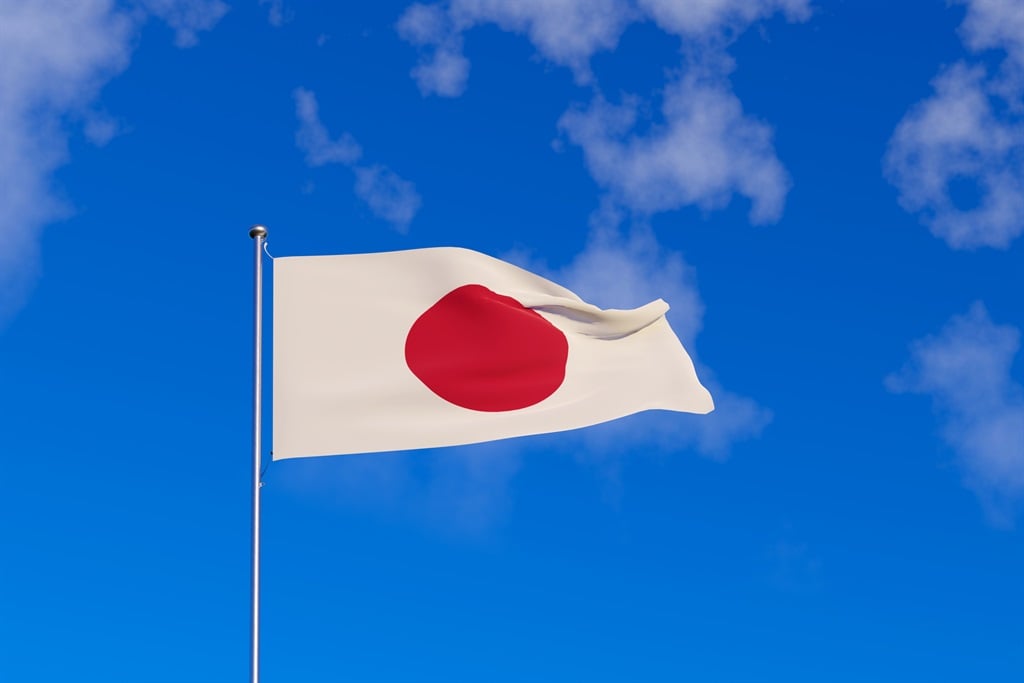Yen Reversal Crashes Japanese Stocks
A Resurgent Yen Sends Nikkei Plunging
Japanese stocks have plummeted in recent trading sessions due to a resurgent yen, wiping out months of gains and leaving investors scrambling to assess the potential impact on earnings
On Monday, the Nikkei share average tumbled 12.4%, its second-largest decline on record and its biggest since the Black Monday crash of 1987. The sell-off has been driven in part by the recent turnaround in the yen after the Bank of Japan began raising rates for the first time in decades.
The stronger yen has diminished the earnings outlook for Japanese companies, particularly exporters, which have benefited from the weaker currency in recent years. Up until a few days ago, the Japanese stock market was seen as a global standout, having gained almost 30% last year and touching a lifetime high last month.
Impact on Exporters
A weaker yen drives up costs for small businesses and households, but it is largely positive for big exporters, such as Toyota Motor, because it makes their products cheaper overseas and boosts profits when foreign earnings are brought home.
The yen traded around its strongest level in seven months on Monday, at 142 to the dollar. It has gained about 14% over the last month, recovering after months of losses. To get a sense of the size of the potential disruption for Japan’s industrial giants, one need look no further than Toyota.
The world’s largest automaker says every 1 yen change against the dollar means a difference of 50 billion yen (R6.5 billion) in profit. At Toyota’s latest quarterly earnings, announced last week, the currency contributed 370 billion yen to operating profit.
Concerns Beyond Exporters
The selling has spread beyond exporters, with banks and other industries also shredded, casting a cloud over the Japanese market’s recent comeback, which was seen as a triumphant revival after years in deflationary doldrums.
While corporate Japan’s fundamentals remain largely solid, analysts said, the sell-off is a reminder that markets – at least in the short-term – do not always reflect fundamentals. With many exporters assuming a yen exchange rate of 140 or 145 to the dollar, investors had been expecting to see stronger earnings ahead given the yen traded at 160 a few weeks ago.
“A lot of global investors have been looking for Japanese companies to announce upward revisions” due to the currency, said Kei Okamura, a portfolio manager at Neuberger Berman in Tokyo.
“That’s why from some people’s perspective the upward revisions might not be there, but from our perspective, the fundamentals still look okay.”
US Slowdown Concerns
Exporters’ shares were also hit by concerns about a slowdown in the United States, one of Japan’s biggest export markets, and one absolutely vital to its auto industry.
“If the US economy slows down, cars won’t sell,” said Takatoshi Itoshima, a strategist at Pictet Asset Management Japan.
Automakers are also heavyweight components of the Nikkei and the broader Topix index, Itoshima said, something that adds to the overall pain for markets.
Silver Lining
The yen’s reversal could offer relief to the broader economy after its months-long decline has pushed up consumer prices, raising deep concerns about the outlook for spending in Japan.
The yen’s decline has even prompted the founder of Uniqlo parent Fast Retailing to warn there was “no merit” to a weaker yen, given that Japan imports raw materials from all over the world before manufacturing and exporting.
“A stronger yen might not be good for the Nikkei 225 stocks and the foreigners owning it,” said Anvarzadeh of Asymmetric Advisors.
“But it’s good for the country, it’s good for the economy.”



